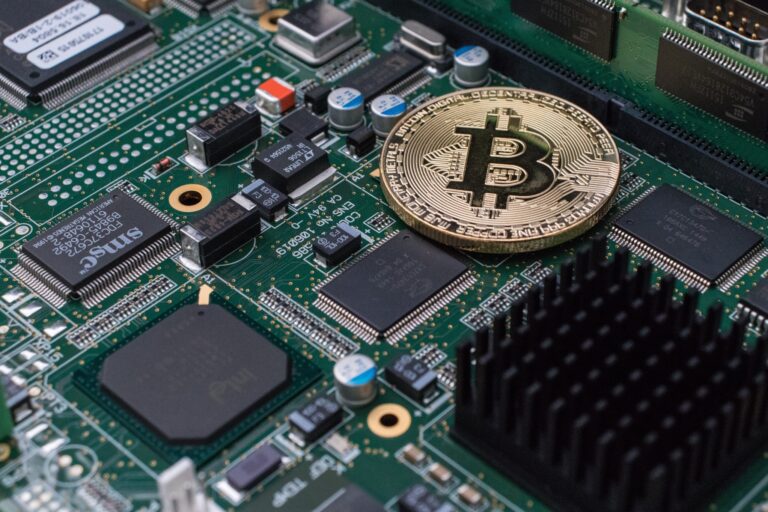The Ukrainian War: impact on angel investment

The Ukrainian War: impact on angel investment
As we regret and see the events unfolding with the Russian invasion of Ukraine, you might be asking what will be the impact on investment caused by the war, restrictions and shocks to society and the world economy as a whole.
The invasion of Ukraine has been the third major blow to globalisation in a decade. First, President Donald Trump’s trade warfare. Then came a pandemic that almost stopped cross-border capital flows, goods, and people for over a year. The world is now experiencing a supply shock as a result of the armed conflict in Europe’s breadbasket and the besiegement of Black Sea ports. As one of the key countries when it comes to commodities, the invasion of Ukraine resulted in extreme increases in wheat prices (over 40%) and Europeans could face gas shortages in the coming year. Nickel is also at a premium, and chaos was experienced in the London Stock Exchange when trying to set its price in the “normal” way. Moreover, many firms and consumers around the globe are struggling with supply chains that have proven too fragile to rely on.
Looking beyond the chaos, this war raises questions about globalisation that are uncomfortable for free-traders. It is difficult for open societies to have normal economic relations with autocratic regimes like Russia and China that violate human rights, threaten security, and become more dangerous the wealthier they become. Russia’s war demonstrates that it is necessary to restructure supply chains in order to stop autocratic nations from bullying liberal countries. The world doesn’t need a dangerous spiral towards self-sufficiency.
Over the last few decades trade has increased enormously between east and west and between liberal and autocratic countries. Open societies trade more than $15 billion per day with closed societies, buying Chinese-made PCs and Saudi oil and selling Bulgari, Boeings, and other items.
There is temptation for the West to shift towards more limited trade with military allies or to complete self-reliance but this would come at a huge cost. The investment in less efficient production, which fuels inflation and lowers living standards, would amount to $3trn.
What should be the new globalisation? It makes sense to cut off economic relationships in war. If autocracies are able to intimidate, then the goal should not be national independence but to force firms to diversify their suppliers. This will encourage investment in new sources from energy to electronics.
Startups in periods of war
With that said, we should look at the impact the war has on startups, at least on a high level. Every country will be affected differently with directly involved parties hit much harder than startups with little links to Ukraine or Russia.
The first thing to note is that investing in an early stage is a very long term endeavour. In this sense, the stock market volatility should be ignored, at least in what relates to sourcing or choosing a startup to invest in. As we know, startup investing should be looked at with a long term horizon, usually between 5 and 10 years. As seen during the market volatility during the Covid-19 pandemic, startup investment was uncorrelated with the stock market losses. Investment kept growing, especially in new technology related to healthcare, remote work technology, and finance.
As pointed by Martín Varsavsky at Angel Investor School:
“In private investing, it was more complicated because you don’t make private investments for the short term. You make private investments for five to seven years. Things didn’t change much for private investing because again, COVID is not going to be a five-year problem. In my opinion, COVID will be with us maybe another year and not as extreme as it was. So, my private investing went on as usual.”
Moreover, in the words of Jason Seats, CIO at Techstars, “[early stage startups] is a very illiquid type of investing. It takes a long time to build a meaningful outcome. And when you think about portfolio construction, you should be prepared for, seven, eight years of money moving in one direction before it starts to slow and potentially reverse. Venture funds, as an example, typically are 10-12 year structures.”
Finally, super angel Fabrice Grinda shares his view: “We are still at the beginning of the technology revolution and software continues to eat the world. I am optimistic that we are going to see a re-acceleration of technology-driven growth. We will use technology to address the challenges of our time: climate change, inequality of opportunity, social injustice and the physical and mental health crisis.
As such, with FJ Labs, I will continue to invest aggressively in early-stage tech startups that are tackling the world’s problems. The macro for the next few years may suck but ultimately is largely irrelevant. I care more about the amazing companies we are going to build to bring about a better world of tomorrow, a socially conscious world of equality of opportunity and of plenty.”
With that in mind, let’s look at three potential sectors where we may observe increased activity and investment.
Three sectors to keep an eye on:
Cryptocurrencies
As the world becomes less globalised, alternative currencies and ways for countries and people to trade may emerge.
On a similar note, one common belief is that cryptocurrencies may see enhanced development so they become a way for countries to evade sanctions imposed by other countries. Whilst it is true in theory that Russia can evade sanctions using crypto, in practice, this is very difficult, especially at large scales. Similar to financing illicit activities, cryptocurrencies do leave a trail and for large volumes, it will be incredibly difficult to trade unnoticed. And converting crypto to fiat will always remain a major challenge.
But some closed economies (by will or by sanctions) may choose to switch to a fully crypto-economy where sanctioned individuals can buy goods, from milk and eggs to clothes and cars using crypto. This is a very unlikely scenario for a multitude of reasons. In any event, we should expect this topic to be discussed in policy and political circles over the coming weeks and we expect developments and further investment in cryptocurrencies.


Cybersecurity
The Russian invasion of Ukraine has also triggered a cyberwar, which involves the actions by a nation-state or international organisation to attack and attempt to damage another nation’s computers or information networks through, for example, computer viruses or denial-of-service attacks. The rise of hacktivist groups defending Ukraine has raised the question for many corporations and countries in terms of their potential defence against cyber-attacks and cyber warfare. We expect to see Big Tech companies and startups propping up their efforts to devise better cybersecurity algorithms, software, and measures to counter such attacks in the future. As the world becomes more and more technology-dependent, regardless of globalisation, we can expect cybersecurity to grow in line with healthcare and biotechnology.
Renewable energy sources
Finally, one of the most notable shocks to the financial and commodities markets driven by the invasion of Ukraine has been the price of oil, gas, and energy as a whole. Other than the price shooting up, it is greatly feared that Russia may cut gas supplies to Europe, either as a reply to sanctions or within its general strategy. In this regard, and in line with helping global warming, we expect more and more companies to arise looking for alternative sources of clean energy in an effort to free Europe from its dependence on Russian oil and gas. This will affect the demand for electric vehicles too.

Our thoughts and prayers are with everyone suffering from the war in Ukraine. Please reach out with your comments and what you think the effects of the war will be on angel investing.

